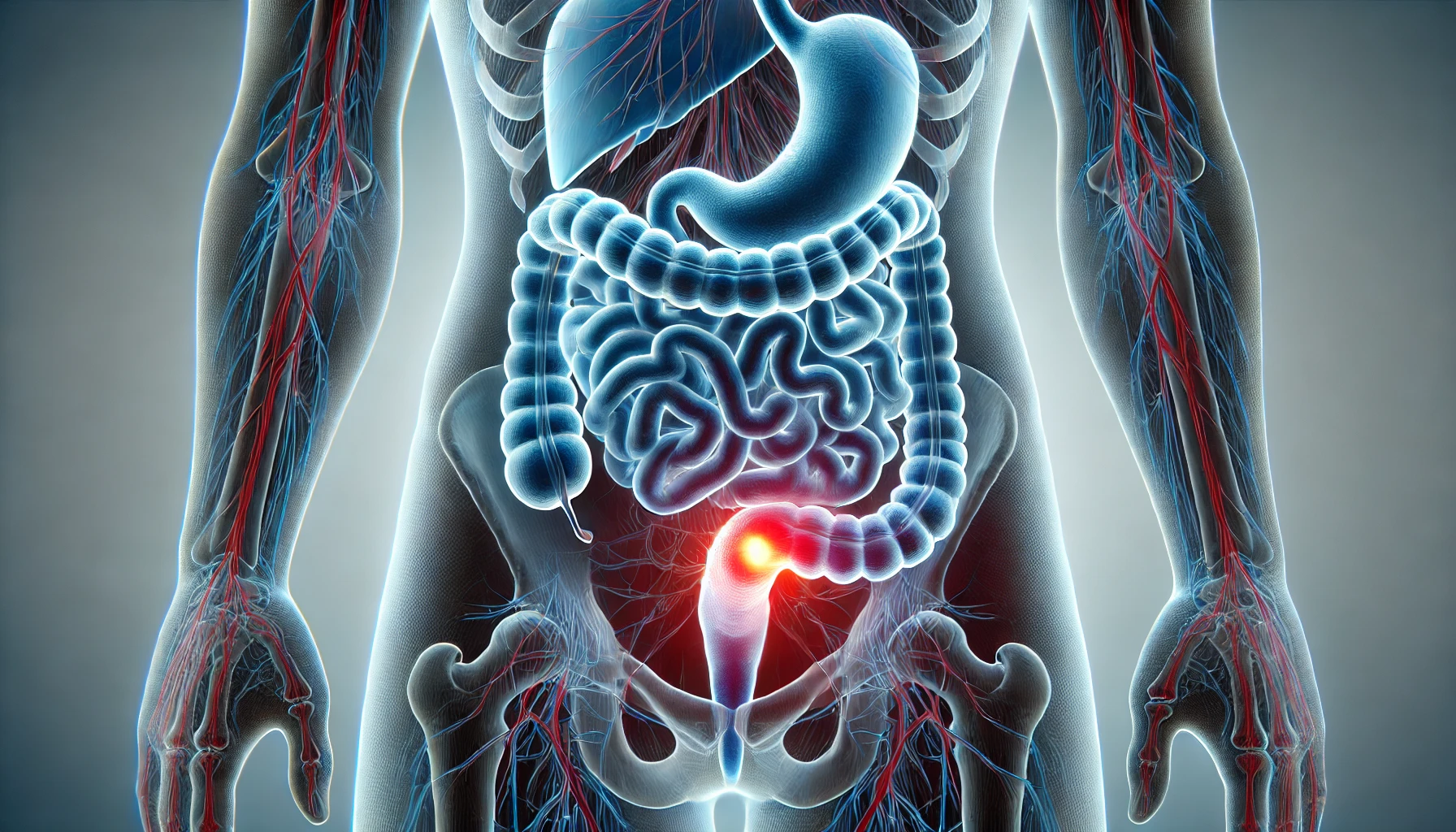This post was written with Consensus AI Academic Search Engine – please read our Disclaimer at the end of this article. Ileus is a common and distressing condition characterized by a temporary cessation of normal bowel motility. This condition often occurs after surgical procedures, particularly those involving the abdomen, and can significantly delay a patient’s recovery and prolong hospital stays. Despite various interventions aimed at mitigating its impact, ileus remains a persistent challenge in postoperative care.
Definition and Causes
Ileus is defined as a disruption of the normal propulsive ability of the gastrointestinal tract. This disruption can be due to a variety of factors, including the body’s stress response to surgery, pain, the use of opioid analgesics, and gut edema2. The condition is marked by symptoms such as abdominal distension, pain, nausea, vomiting, and an inability to pass stool or gas.
Pathophysiology
The pathophysiology of ileus involves a complex interplay between the nervous system, the immune system, and the gastrointestinal tract. Surgical trauma triggers an inflammatory response that can inhibit the normal motility of the intestines. Additionally, the use of opioids for pain management can further exacerbate this condition by slowing down gut motility2.
Impact on Patients and Healthcare Systems
Ileus can significantly impact patient outcomes by delaying recovery and increasing the length of hospital stays. This not only affects the patient’s quality of life but also places a substantial burden on healthcare resources. For instance, after major urological surgeries like cystectomy, the presence of ileus can extend hospitalization and complicate postoperative care2.
Current Research and Future Directions
Recent research has explored various strategies to prevent and manage ileus. One promising area of study is the use of non-invasive vagus nerve stimulation (nVNS). This approach leverages the role of the vagus nerve in modulating the neuro-immune axis and reducing inflammation, which can help restore normal bowel function1. Another innovative strategy involves the use of chewing gum to stimulate gut motility and prevent postoperative ileus2.
Conclusion
Ileus is a multifaceted condition that poses significant challenges in postoperative care. Understanding its causes and mechanisms is crucial for developing effective interventions. Ongoing research into novel treatments, such as vagus nerve stimulation and other prokinetic agents, holds promise for improving patient outcomes and reducing the burden on healthcare systems.
Disclaimer
The content presented in this blog is generated by Consensus, an AI-powered academic search engine, and is based on publicly available scientific literature. While every effort is made to provide accurate, up-to-date, and well-researched information, the content is intended for informational and educational purposes only. It does not constitute medical advice, diagnosis, or treatment. Always consult a qualified healthcare professional before making any decisions regarding medical conditions, treatments, or medications. The AI system’s analysis may not cover all perspectives, emerging research, or individual cases, and it is not a substitute for professional expertise. Neither the blog publisher nor the developers of the AI-powered search engine are responsible for any actions taken based on the information provided in this content. Use of this information is at your own risk. Citations to the original scientific studies are included for reference, but these studies should be reviewed in full and interpreted with the guidance of a healthcare or research professional.
If you are experiencing a medical emergency, please seek immediate attention from a healthcare provider.
